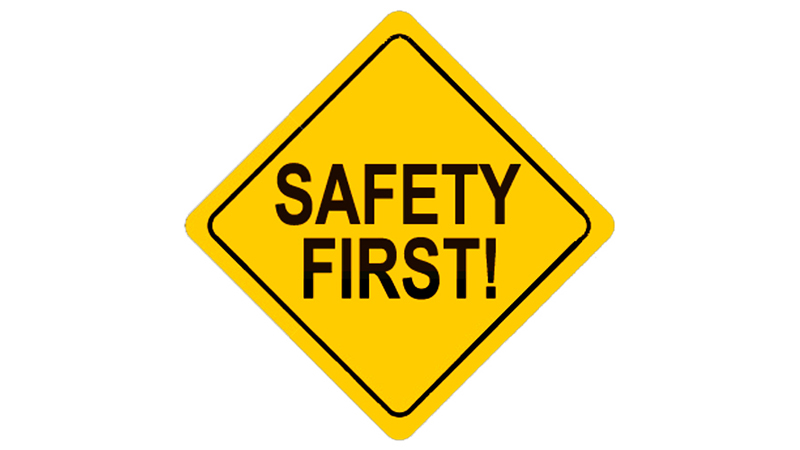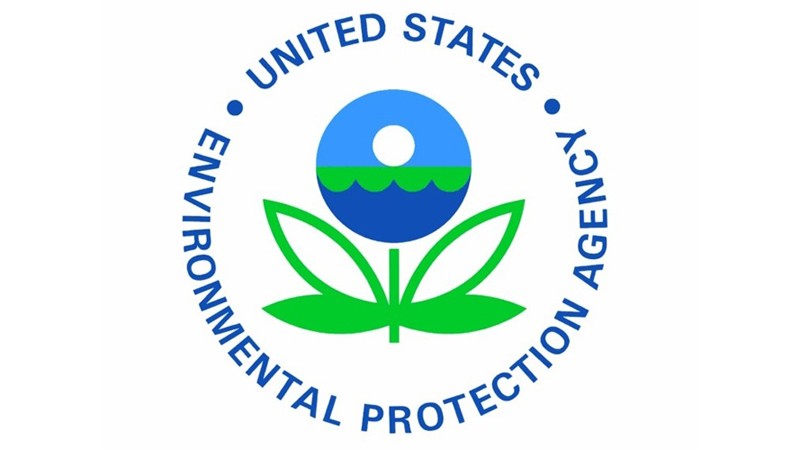Policies and Personnel,
Responsible and Supported
REGULATORY CITATION
General Duty Clause (OSHA, EPA)
Origin Date 6-27-1974
WHAT IS IT?
General requirement for an employer to take steps toward safety even if there is not a standard that applies.
WHO DOES IT APPLY TO?
All employers.
HOW CAN WE HELP?
CLICK HERE to learn how Asmark can help you.
OSHA

The Occupational Safety and Health Administration's General Duty Clause states that each employer must furnish to each of his employees employment and a place of employment which are free from recognized hazards that are causing or are likely to cause death or serious physical harm to his employees. Each employer must comply with occupational safety and health standards promulgated under the Occupational Safety and Health Act. Each employee must comply with occupational safety and health standards and all rules, regulations and orders issued pursuant to the Occupational Safety and Health Act, which are applicable to his own actions and conduct (29 U.S.C. § 654).
The general duty provisions are used in inspections only where there are no specific standards applicable to the particular hazard involved. Any recognized hazard created in part by a condition not covered by a standard may be cited under the general duty clause. A hazard is recognized if it is a condition that is:
- Of common knowledge or general recognition in the particular industry in which it occurred; and
- Detectable by means of the senses (sight, smell, touch, and hearing), or is generally recognized as a hazard in the industry, that even if it is not detectable by means of the senses, there are generally known and accepted tests for its existence which should be generally known to the employer.
In addition, "Voluntary Standards" also meet the preceding criteria for identifying a hazard. Citations based on the general duty clause are limited to alleged serious violations (including willful and/or repeated violations which would otherwise qualify as serious violations, except for their willful or repeated nature).
EPA

In 1990, Congress amended the Clean Air Act (CAA) and added Section 112(r) that includes a "General Duty Clause" requiring that all owners and operators, including farmers, identify hazards which may result from releases using appropriate hazard assessment techniques, to design and maintain a safe facility taking such steps as are necessary to prevent releases and to minimize the consequences of accidental releases which do occur.
The general duty clause applies to any facility where any quantity of an extremely hazardous substance is present. It is a performance based authority recognizing that owners and operators have primary responsibility in the prevention of chemical accidents. As part of this responsibility, many industries have developed standards and generally recognized safe practices to manage the risks associated with extremely hazardous substances. EPA believes that owners and operators who have these substances must adhere, at a minimum, to recognized industry standards and practices (as well as any government regulations) in order to be in compliance with the general duty clause. This regulation requires each facility to develop expertise in the materials they store and use in order to prevent accidental releases. There may be situations in which an existing industry standard or practice is simply inadequate to prevent accidents, and EPA may exercise its authority to issue a violation and require a company to implement additional measures to address the hazard.
FAQs AND INTERPRETATIONS
OSHA STANDARD
INTERPRETATIONS
EPA GENERAL DUTY
CLAUSE CLEAN AIR ACT
HOW CAN WE HELP?
LEARN MORE ABOUT WHAT
ASMARK CAN DO FOR YOU

